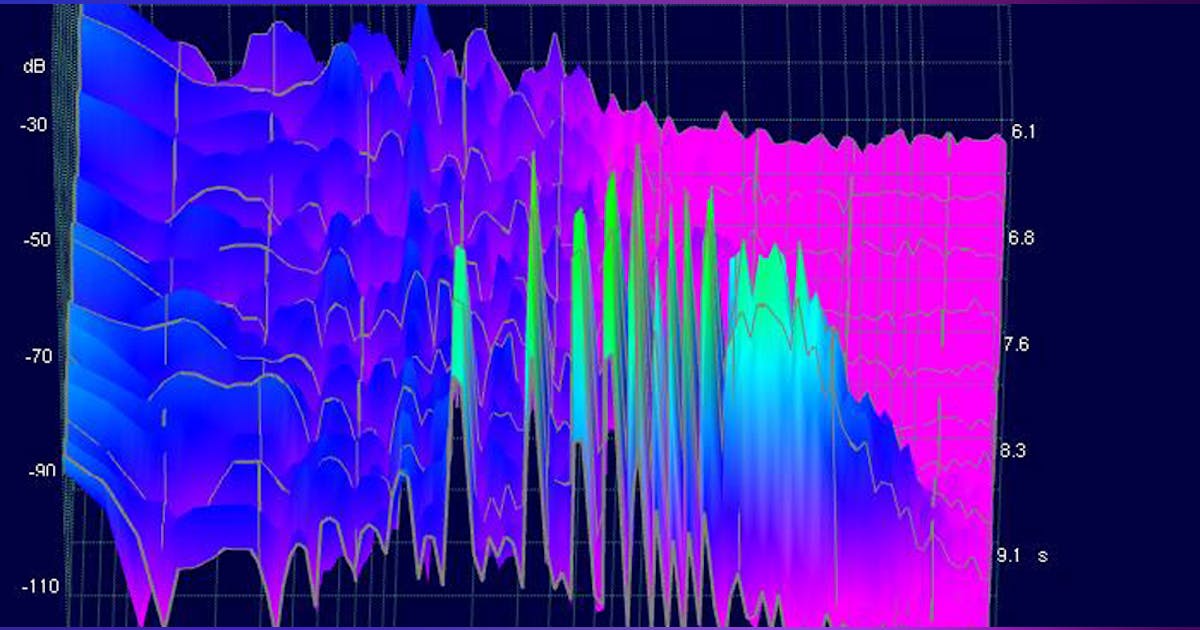- Thread Starter
- #321
You haven't presented any such need or theory of why it would make a difference. By your logic, I could test 100 devices 100 different ways and you would still come back with the same argument. You don't live your everyday life that way, having your water supply tested every hour by a lab to feel comfortable to be consumed. Yet here, you demand the same thing for the same absurd reason.I'm saying your testing is incomplete and results are therefore unproven scientifically (they might be reasonable theoretically but the experiment design and measurements are incomplete).
This class of device has been tested using many methods and a number of devices and tests. If there were any chance of what you saying being true, we should have seen some evidence of it. Or even a hint of it. We don't get that because engineering says there can't be differences. There is only so much we need to do to prove an impossibility.
From here on, the responsibility is on the shoulders of manufacturers of these products. They have all the time in the world to do this testing and show difference. I suggest you write to them and keep arguing with them on why they don't show such measurements. It is their job. It is not mine to exhaustively search for evidence of their product working.

